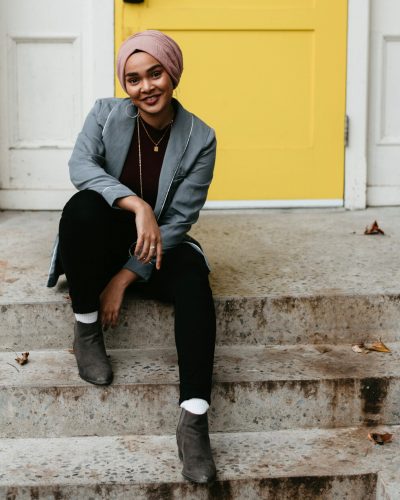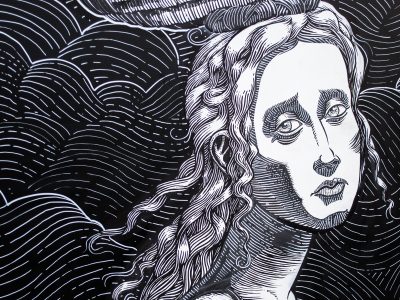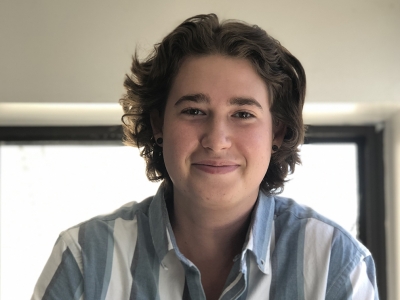By Karen Kelly

Radiyah Chowdhury
Growing up as a Muslim woman in the Scarborough suburb of Toronto, Radiyah Chowdhury didn’t recognize herself or her community in the stories she saw in the media. By the age of 16, she knew she wanted to tell those stories herself.
“I always enjoyed telling stories and to have them mean something to other people, too,” says Chowdhury, who earned a Bachelor of Journalism in 2016, minoring in Law and African Studies.
Today, Chowdhury is associate editor of Chatelaine magazine, a Canadian women’s magazine that covers everything from food and fashion to politics and social trends. But getting there wasn’t easy.
“It’s been a hard journey, but I got a couple of breaks along the way,” she says, noting gigs at CBC, TVO’s The Agenda, and The Discourse in British Columbia, to name just a few.
Her big break came in 2017 when she was chosen for a highly competitive internship with National Public Radio in Washington D.C.
“I worked on the NPR Diverse Sources Database,” says Chowdhury. “Journalists would call and ask for experts for their show, to ensure they weren’t always talking to the same people. I was especially proud to get more Muslim sources in the database.”
Chowdhury says one of the highlights at NPR was working around the corner from the Tiny Desk concerts. She also produced a story for the podcast Code Switch about the rising popularity of halal food in the U.S.
After her NPR gig, Chowdhury found doors starting opening. She even had an interview with The Late Show with Stephen Colbert just one day before her meeting with Chatelaine.
“I flew into New York City at 7 a.m.,” she recalls. “I hung out with friends, did the interview, and then took the midnight bus back to Toronto. My interview with Chatelaine was the next morning at 11.”
The subsequent offer from Chatelaine enabled her to return to her hometown of Scarborough for a full-time job in journalism. Her role entails writing, editing, working with writers and assigning stories, among other things.
She’s also had the chance to write about subjects that are important to her, including “The forever battle of a journalist of colour, which was published in the Toronto Star and won the 2020 Dalton Camp Award for best essay on the subject of media and democracy.
While journalism school often encourages students to move to small-town news operations where they can gain experience and build their portfolio, Chowdhury chose to remain in Toronto.
“As someone who grew up in Toronto and wears a hijab, I didn’t want to move to a small Canadian town where everyone was white,” she explains. “There was no roadmap for me.”
Chowdhury is now helping to create that roadmap for other up-and-coming BIPOC journalists. In 2020, Chatelaine released a pledge to ensure that 40 percent of the magazine’s freelance content would be produced by Black people, Indigenous people and people of colour.
Chowdhury is pleased to see that the School of Journalism and Communication recently hired two well-known CBC journalists of colour—Nana aba Duncan and Adrian Harewood.
“I think there’s a difference now because the journalism industry is more aware of what’s happening and there’s more room to speak up than when I graduated in 2016,” she says. “I’m hoping it makes a difference for young racialized students who feel isolated.”
Wednesday, December 1, 2021 in Alumni Stories, FPA Voices
Share: Twitter, Facebook



